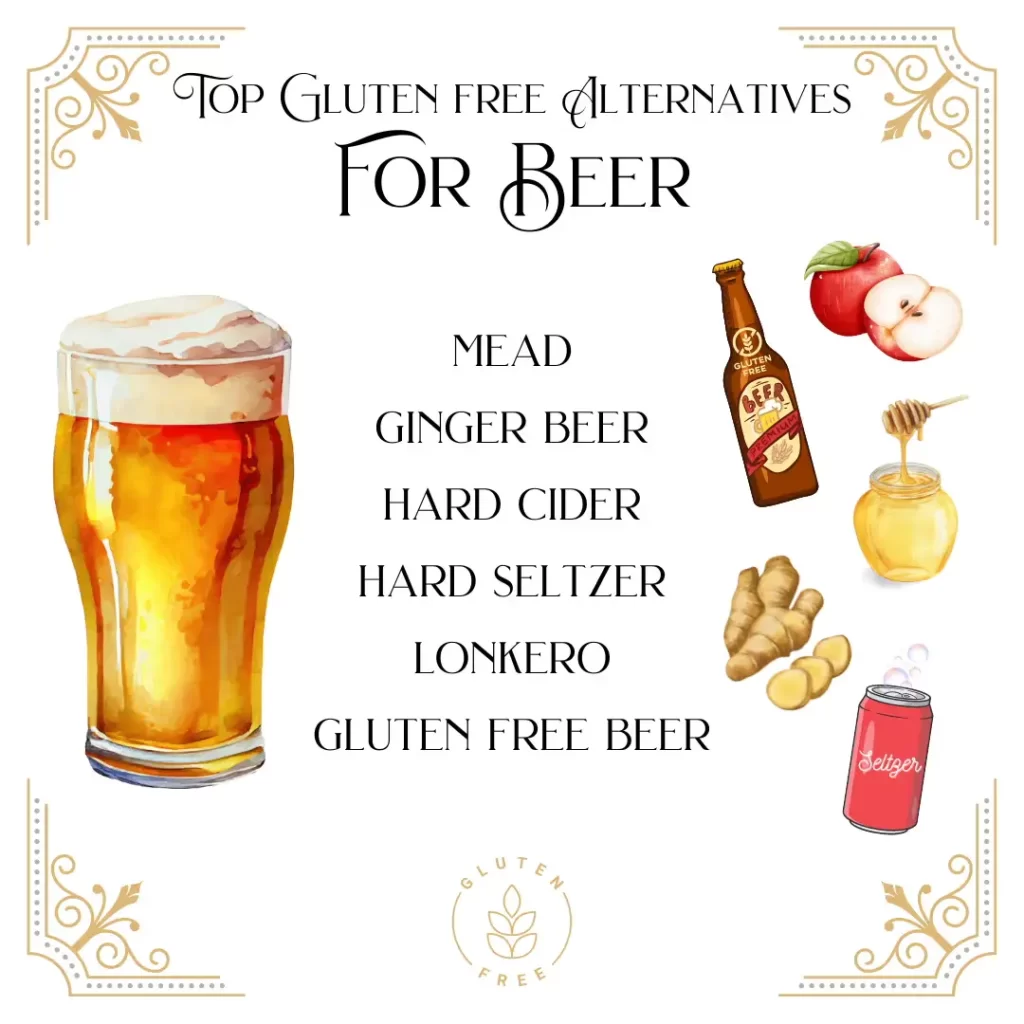The decision to go gluten-free should be based on individual health needs. If you don’t have celiac disease or gluten sensitivity, there is no compelling evidence that a gluten-free diet will improve your health or prevent disease. However, for individuals with celiac disease or gluten sensitivity, avoiding gluten is crucial to managing symptoms like diarrhea, abdominal pain, weight loss, bloating, and more.
Why Non-gluten-Free Diets Are Popular
- Intuition: Many people believe it’s a good idea.
- Inflammation Connection: Some think avoiding gluten reduces harmful inflammation.
- Logic: If gluten is harmful to those with celiac disease, it might be bad for others.
- Celebrity Endorsement: Influence from celebrities can sway decisions.
- Anecdote: Personal stories of symptom relief can be persuasive.
- Marketing: The promotion of Celiac-friendly products can influence choices.
Downsides of Going Wheatless
- Nutrient Deficiency: Non-gluten foods may lack essential nutrients like folic acid and iron.
- Weight Gain: Studies suggest a trend towards weight gain and obesity with a Celiac-friendly diet.
Benefits of a Low-Gluten Diet
Research indicates that a low-gluten diet may benefit those without celiac disease or gluten allergy by improving gut health and reducing gastrointestinal discomfort. The benefits are attributed more to the quality of fiber in the diet rather than just the absence of gluten. Therefore, before adopting a gluten-free diet, it’s essential to consult with a healthcare provider to determine if it’s necessary for your specific health needs. For those without celiac disease or gluten sensitivity, there is no clear evidence that going Gluten-absent will improve health.
What are some gluten-free alternatives to common foods?
Gluten-sensitive Alternatives to Common Foods
When transitioning to a Wheatless diet, it’s essential to know the alternatives to common gluten-containing foods. Here are some Gluten-sensitive substitutes for everyday items:
Grains and Flours
- Almond Flour
- Amaranth
- Arrowroot
- Beans
- Buckwheat
- Cassava
- Chia
- Coconut Flour
- Corn
- Flax.
Baking Ingredients
- When baking, you can substitute all-purpose flour with Wheat-free flour blends or specific non-gluten flours like almond flour, coconut flour, or cassava flour.
Condiments
- Be cautious with condiments as they can contain hidden gluten. Opt for certified wheatless condiments or brands like Primal Kitchen that offer clean, gluten-free options.
Pasta and Bread Alternatives
- For pasta, look for Non-gluten options made from rice, quinoa, or corn. When it comes to bread, choose gluten-free bread made from alternative flours like rice flour or almond flour.
Other Alternatives
- Soy Sauce Substitute: Use coconut aminos as a soy sauce alternative.
These alternatives can help you enjoy a varied and delicious diet while avoiding gluten. Always check labels and opt for certified wheatless products to ensure safety.
What are some gluten-free alternatives to beer?

Gluten-Free Alternatives to Beer
For those with celiac disease or gluten sensitivity looking for wheatless alternatives to beer, there are various options available that provide a similar drinking experience without the gluten content. Here are some popular choices:
Gluten-Free Beer Brands
- Bard’s: Known for its Original Sorghum Malt Beer, Bard’s offers a light, crisp taste with low bitterness and subtle hops aroma. Each batch is independently tested to ensure it contains less than ten parts per million of gluten[1].
- Glutenberg: An award-winning gluten-free beer company from Quebec, Glutenberg offers a wide range of 100% Anti-gluten beers, including Blonde, White, Saison, ales, and Stout.
- Green’s: Green’s produces Non-gluten beer using ancient grains like sorghum, millet, buckwheat, and brown rice. Their range includes various styles such as Discovery Ale, Dry-Hopped Lager, Dubbel Ale, Gorgeous Blonde Ale, India Pale Ale, Premium Pilsener, and Tripel Ale.
- New Grist: Brewed by Lakefront Brewery in Milwaukee, New Grist Gluten-absent Pilsener is certified gluten-free and made from rice extract, sorghum, and malted millet. It offers a light-bodied pilsener with fruity notes.
- New Planet: Established in Colorado for individuals with celiac disease, New Planet offers two gluten-free beers: Blonde Ale and Pale Ale. The Blonde Ale is crisp and refreshing, while the Pale Ale has hoppy citrus notes.
Other Alternatives
- Hard Cider: Made from fermented apple juice, hard cider is a common and easily accessible gluten-free alternative to beer with a variety of flavors available from brands like Angry Orchard and Crispin.
- Wine: Naturally gluten-free, wine made from fermented grapes offers a versatile option that pairs well with different foods.
- Mead: An ancient alcoholic beverage made by fermenting honey with water, mead is naturally Anti-gluten and comes in various styles ranging from sweet to dry.
These alternatives provide individuals adhering to a gluten-free diet with enjoyable options to replace traditional beer while socializing or relaxing. Always ensure to check labels and choose certified Gluten-absent products for safety.

